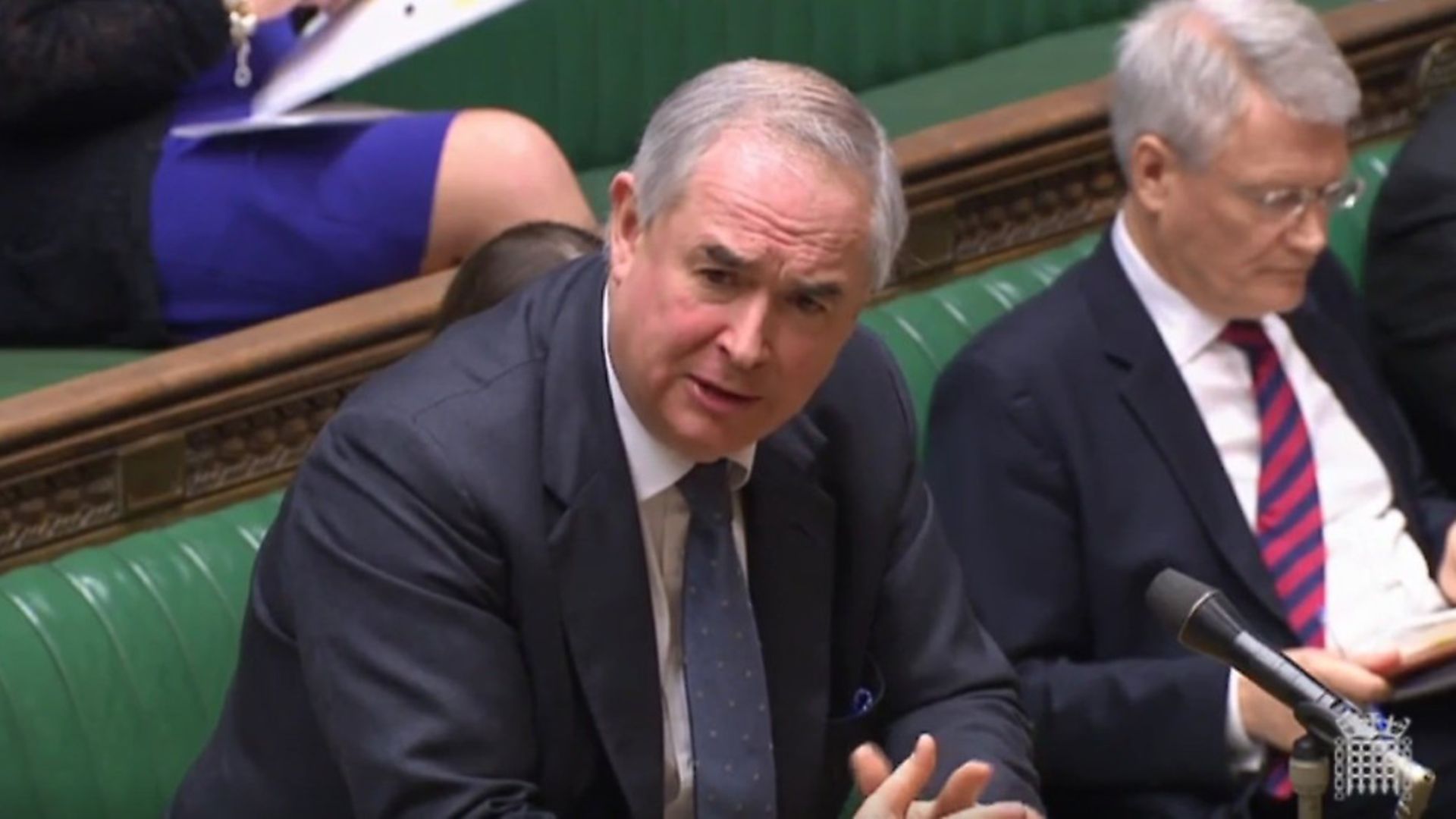
Boris Johnson’s former attorney general, Geoffrey Cox, has branded Boris Johnson’s Brexit plan ‘unconscionable’.
The Tory MP said there is ‘no doubt’ the ‘unpalatable’ implications of the Withdrawal Agreement were known when the prime minister signed it, a time when Cox was the chief law officer.
The Brexiteer warned he would not back the UK Internal Market Bill unless ministers dispel the impression they plan to ‘permanently and unilaterally’ rewrite an international agreement.
Have your say
Send your letters for publication to The New European by emailing letters@theneweuropean.co.uk by Tuesday at 9am and pick up an edition each Thursday for more comment and analysis. Find your nearest stockist here, read the newspaper on our app, or subscribe to a print or digital edition for just £13. You can also join our readers' Facebook group to keep the discussion and debate going with thousands of fellow pro-Europeans.
The QC, who was attorney general during the unlawful suspension of Parliament, said tariffs and customs procedures on certain goods entering Northern Ireland from Britain were part of the deal.
‘There can be no doubt that these were the known, unpalatable but inescapable, implications of the agreement,’ he wrote in The Times.
He said if the powers in the Bill were used to ‘nullify those perfectly plain and foreseeable consequences’ then it would amount to the ‘unilateral abrogation of the treaty obligations’ signed in October.
‘It is unconscionable that this country, justly famous for its regard for the rule of law around the world, should act in such a way,’ he said.
Cox urged ministers to use the ‘clear and lawful’ options under the agreement to remedy their concerns that food imports may be blocked from Britain to Northern Ireland.
Or, ‘in extremis’, he said, they could take ‘temporary and proportionate measures’ during an independent arbitration process.
‘What ministers should not do, however provoked or frustrated they may feel about an impasse in negotiations, is to take or use powers permanently and unilaterally to rewrite portions of an international agreement into which this country freely entered just a few months ago,’ he said.
His intervention came ahead of MPs debating the legislation on Monday, when the Bill returns to the Commons amid growing criticism that breaching international law would jeopardise the UK’s standing in the world.








